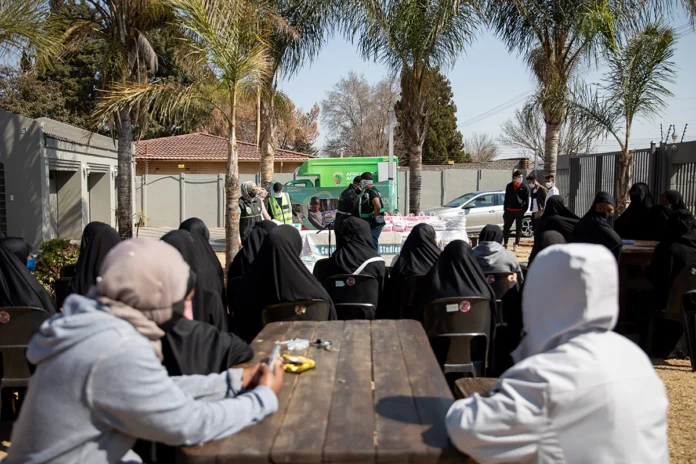Over 10,000 pupils in primary schools funded by African Muslim Agency (AMA) in Kenya are staring at an uncertain future after the Kuwait-based organization announced plans to privatize 10 of its sponsored schools. The move which affects several schools with a large number of orphaned children has raised concerns among parents and community members especially in Marsabit where opposition is strong.
The Schools and the Pupils Affected
AMA-run institutions have become a lifeline for many students, especially those from disadvantaged backgrounds. Each school has approximately 1,000 pupils and the orphanage centers within these schools house 220 orphans per institution. However, despite the success of these schools in supporting children in need, the plans for privatization is causing unrest.
The Controversy Over Privatization
The transition from public to private has not been well received by the communities. Parents especially those with children in the schools are concerned that privatization will limit access to education for poor families.
Halima Abdi a parent with two children in one of the AMA schools said the move to privatize the schools will make it harder for needy children to continue with their education.
Issa Mohammed another concerned parent asked the question that many are asking: why would the African Muslim Agency whose mission is to break the cycle of poverty through education seek to privatize schools that has long served the poor?
AMA’s Response to Criticism
In response to the backlash the AMA’s Marsabit director Ali Duba tried to calm the community. He said the decision to privatize the schools was due to the-growing number of students in AMA-sponsored institutions which according to Duba would compromise the quality of education. He promised the process would be done with due diligence and assured the community no needy children will be affected.
Public Participation and Community Opposition
The issue is now a hot topic in the affected areas especially in Marsabit. Deputy County Commissioner David Saruni confirmed that public participation was held and majority of parents and community members were against the privatization. The vote was a resounding no to privatization and a demand for the AMA schools to remain publicly funded and open to all pupils.
Saruni said despite the community’s opposition the final decision will be made by the Ministry of Education.
Affected AMA Schools Across Kenya
The privatization proposal affects several AMA sponsored schools across Kenya including:
- AMA Primary School in Lamu
- Kilifi Centre AMA Primary in Kilifi
- Modogashe Centre AMA Primary School in Garissa
- Wajir Centre AMA Primary School
- Al-Uweis Primary School in Mandera
- Al Fowzan Primary School in Mandera
- Dawa Primary School in Isiolo
- Archers Post Centre in Samburu
- Muslim Primary School in Marsabit
These schools have served communities in need for long and the shift to privatization is being met with skepticism especially on the social and economic implications.
What’s Next?
As the public awaits the Ministry of Education’s decision, the fate of these schools remains uncertain. Parents and community leaders are still expressing their concerns hoping their voices will be heard in the decision making process. The future of nearly 10,000 students and hundreds of orphans is now in the balance as the country waits to see if the privatization will go ahead or the government will intervene to save the public education model that has served many for years.
